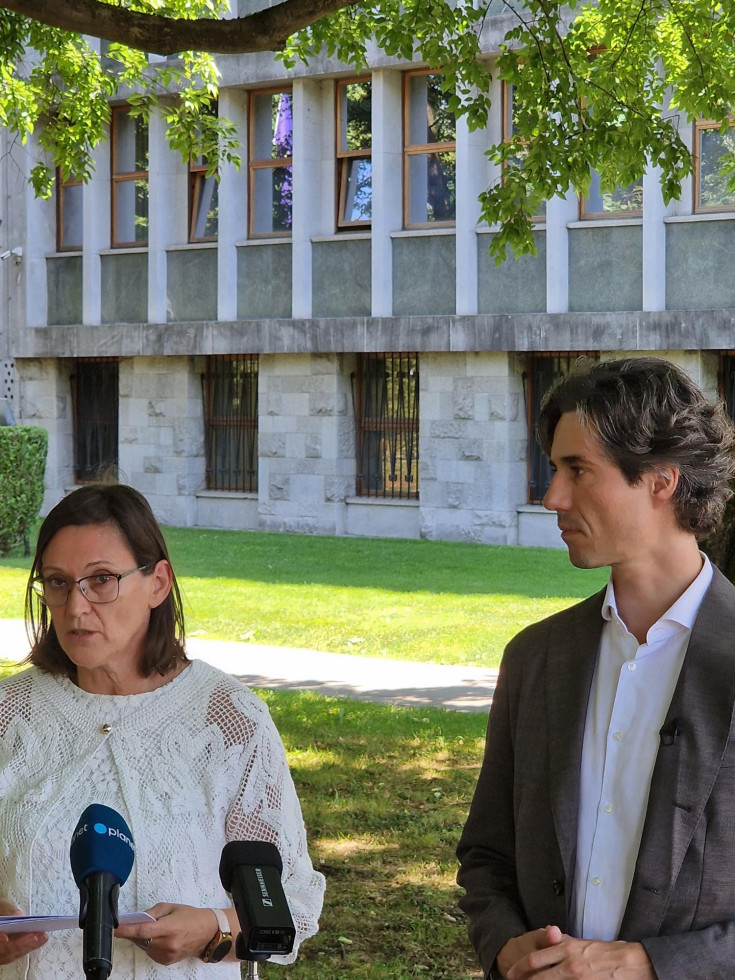Revision of the Regulation on Safeguarding Employees in Extreme Heat Conditions
At the Slovenian Labour Inspectorate, we welcome this amendment as it represents an important step toward better protection of workers from the effects of high temperatures—especially on smaller construction sites, where basic conditions for safe work are often still not ensured.
The new provisions define the obligations of employers regarding:
- regular and frequent breaks,
- appropriate organization of working hours,
- access to non-alcoholic beverages,
- access to cooled or cold rest areas,
- informing workers about the risks and symptoms of heat stress, and
- adequate protection from adverse weather conditions.
In practice, such measures are already largely standard on large construction sites. Workers are generally granted regular breaks and, during heatwaves, additional breaks as well. Some sites even offer air-conditioned communal areas for rest and refreshment.
The main issues arise on smaller construction sites, where such measures are often not implemented or enforced consistently. The amended Rules now establish uniform criteria that will ensure comparable working conditions for all workers, regardless of the size of the worksite.
The Labour Inspectorate regularly receives reports concerning excessively high indoor temperatures. However, until now, such reports have almost exclusively concerned enclosed spaces. There was previously no appropriate legal basis for intervention regarding outdoor work—such as on construction sites—and thus, there were no specific complaints. With the adoption of the amended Rules, this area is now regulated, and inspectors will have a clear legal basis for oversight and, if necessary, sanctions.
The amendment will improve working conditions for employees during periods of elevated outdoor temperatures—both at permanent outdoor workplaces and at temporary and mobile construction sites. Regardless of whether a worker is employed on a large or small construction site, they must be provided with safe and healthy working conditions during heat. The amendment introduces equal standards for all. Up to now, additional measures regarding heat were considered good practice implemented voluntarily by employers. Now, they are a legal obligation, and inspectors will be able to act in cases of non-compliance.
Example of Good Practice
During a recent inspection of two larger construction sites, the inspector observed that health and safety coordinators were proactively reminding employers about the importance of additional breaks, hydration, and heat protection—even though these measures had not yet been explicitly required. The amended Rules now establish such proactive approaches as mandatory.
During inspections, inspectors will pay particular attention to whether employers are complying with the provisions of the Rules—not only in terms of basic safety requirements, but also regarding measures to protect workers from high temperatures, especially in light of increasingly frequent and intense heatwaves. The goal is not to penalize employers, but to identify risks early and eliminate deficiencies.


